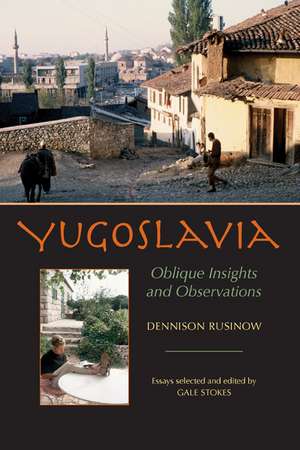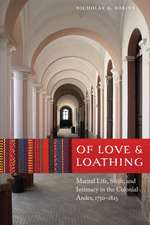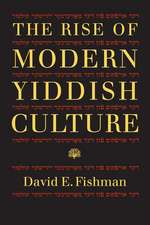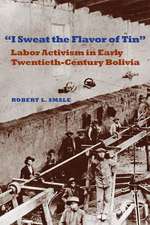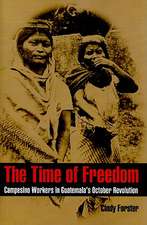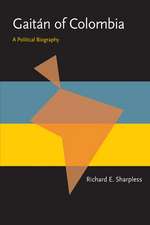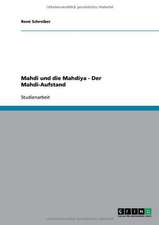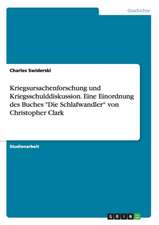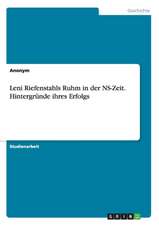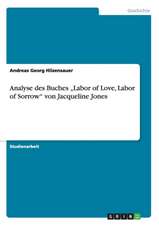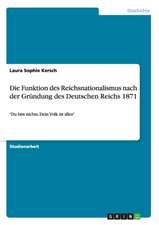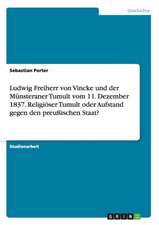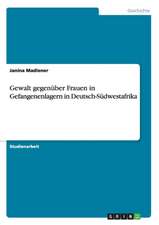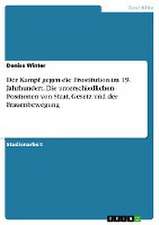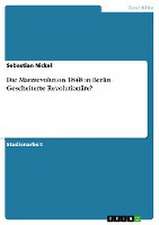Yugoslavia: Oblique Insights and Observations: Russian and East European Studies
Autor Dennison Rusinowen Limba Engleză Paperback – dec 2008
Defying Stalin and his brand of communism, Tito's Yugoslavia developed a unique kind of socialism that combined one-party rule with an economic system of workers' self-management that aroused intense interest throughout the Cold War. As a member of the American Universities Field Staff, Dennison Rusinow became a long-time resident and frequent visitor to Yugoslavia. This volume presents the most significant of his refreshingly immediate and well-informed reports on life in Yugoslavia and the country's major political developments.
Rusinow's essays explore such diverse topics as the first American-style supermarket and its challenge to traditional outdoor markets; the lessons of a Serbian holiday feast (Slava); the resignation of vice president Rankovic; the Croatian Spring of 1971; ethnic divides and the rise of nationalism throughout the country; the tension between conservative and liberal forces in Yugoslav politics; and the student revolt at Belgrade University in 1968. Rusinow's final report in 1991 examines the serious challenges to the nation's future even as it collapsed.
Rusinow's essays explore such diverse topics as the first American-style supermarket and its challenge to traditional outdoor markets; the lessons of a Serbian holiday feast (Slava); the resignation of vice president Rankovic; the Croatian Spring of 1971; ethnic divides and the rise of nationalism throughout the country; the tension between conservative and liberal forces in Yugoslav politics; and the student revolt at Belgrade University in 1968. Rusinow's final report in 1991 examines the serious challenges to the nation's future even as it collapsed.
Din seria Russian and East European Studies
-
 Preț: 422.97 lei
Preț: 422.97 lei -
 Preț: 332.66 lei
Preț: 332.66 lei -
 Preț: 396.90 lei
Preț: 396.90 lei -
 Preț: 428.75 lei
Preț: 428.75 lei - 15%
 Preț: 678.74 lei
Preț: 678.74 lei -
 Preț: 433.53 lei
Preț: 433.53 lei -
 Preț: 238.43 lei
Preț: 238.43 lei -
 Preț: 391.67 lei
Preț: 391.67 lei -
 Preț: 436.25 lei
Preț: 436.25 lei -
 Preț: 295.91 lei
Preț: 295.91 lei -
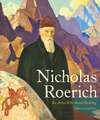 Preț: 326.41 lei
Preț: 326.41 lei -
 Preț: 127.24 lei
Preț: 127.24 lei -
 Preț: 123.55 lei
Preț: 123.55 lei -
 Preț: 315.41 lei
Preț: 315.41 lei -
 Preț: 363.26 lei
Preț: 363.26 lei -
 Preț: 485.99 lei
Preț: 485.99 lei - 15%
 Preț: 493.66 lei
Preț: 493.66 lei -
 Preț: 474.45 lei
Preț: 474.45 lei -
 Preț: 141.48 lei
Preț: 141.48 lei -
 Preț: 502.16 lei
Preț: 502.16 lei -
 Preț: 431.62 lei
Preț: 431.62 lei -
 Preț: 113.42 lei
Preț: 113.42 lei -
 Preț: 422.00 lei
Preț: 422.00 lei -
 Preț: 395.54 lei
Preț: 395.54 lei -
 Preț: 179.30 lei
Preț: 179.30 lei -
 Preț: 397.45 lei
Preț: 397.45 lei -
 Preț: 470.60 lei
Preț: 470.60 lei -
 Preț: 389.76 lei
Preț: 389.76 lei -
 Preț: 461.94 lei
Preț: 461.94 lei -
 Preț: 317.63 lei
Preț: 317.63 lei -
 Preț: 272.52 lei
Preț: 272.52 lei -
 Preț: 171.58 lei
Preț: 171.58 lei -
 Preț: 184.58 lei
Preț: 184.58 lei -
 Preț: 426.63 lei
Preț: 426.63 lei -
 Preț: 468.65 lei
Preț: 468.65 lei -
 Preț: 432.57 lei
Preț: 432.57 lei -
 Preț: 182.40 lei
Preț: 182.40 lei -
 Preț: 388.79 lei
Preț: 388.79 lei -
 Preț: 465.76 lei
Preț: 465.76 lei -
 Preț: 126.00 lei
Preț: 126.00 lei -
 Preț: 283.50 lei
Preț: 283.50 lei -
 Preț: 403.43 lei
Preț: 403.43 lei - 23%
 Preț: 568.69 lei
Preț: 568.69 lei - 23%
 Preț: 565.89 lei
Preț: 565.89 lei - 23%
 Preț: 556.25 lei
Preț: 556.25 lei -
 Preț: 385.91 lei
Preț: 385.91 lei -
 Preț: 422.97 lei
Preț: 422.97 lei -
 Preț: 385.53 lei
Preț: 385.53 lei -
 Preț: 426.03 lei
Preț: 426.03 lei -
 Preț: 423.35 lei
Preț: 423.35 lei
Preț: 426.79 lei
Nou
Puncte Express: 640
Preț estimativ în valută:
81.69€ • 88.77$ • 68.67£
81.69€ • 88.77$ • 68.67£
Carte tipărită la comandă
Livrare economică 21 aprilie-05 mai
Preluare comenzi: 021 569.72.76
Specificații
ISBN-13: 9780822960102
ISBN-10: 0822960109
Pagini: 400
Dimensiuni: 152 x 229 x 25 mm
Greutate: 0.54 kg
Ediția:1st Edition
Editura: University of Pittsburgh Press
Colecția University of Pittsburgh Press
Seria Russian and East European Studies
ISBN-10: 0822960109
Pagini: 400
Dimensiuni: 152 x 229 x 25 mm
Greutate: 0.54 kg
Ediția:1st Edition
Editura: University of Pittsburgh Press
Colecția University of Pittsburgh Press
Seria Russian and East European Studies
Recenzii
“Should be required reading for students of Yugoslav history, as well as for those more generally interested in the history of liberalization and repression under communist regimes.”
—Canadian Slavonic Papers
“A fitting nomument to the scholarship of someone with unrivaled long-term knowledge of Yugoslavia who had the analytical insights and journalistic gifts to bring the country alive for many of those fascinated by the Yugoslav experiment.”
—H-Net List for Study of East Central European History since 1500
“For decades, Dennison Rusinow was a source of profound, unique, and real-time insights into the unfolding tragedy of Yugoslavia. He was trained as an historian, naturally gifted as a journalist, and supported by an intrepid family that shared with him the experience of living in the country he knew so well. Just as Rusinow's dispatches, analytical reflections, and lectures shed light on what was happening in the Balkans when he was on the scene, this book will long stand as a source of wisdom about one of the more consequential episodes of the twentieth century.”
—Strobe Talbott, president, The Brookings Institution
—Strobe Talbott, president, The Brookings Institution
“Complements and supplements [Rusinow’s] earlier work by providing a more detailed analysis of the most crucial moments of that period and adding new insights on Yugoslavia’s final crisis in the post-Tito decade.”
—Slavic Review
—Slavic Review
“A great tribute to [Rusinow] and a great contribution to the field of Yugoslav studies.”
—Canadian-American Slavic Studies
—Canadian-American Slavic Studies
“Readers will enjoy the engaging color and humor of Rusinow’s prose, but will also appreciate the timelessness of the insights and analysis in the selections.”
—Choice
—Choice
Notă biografică
Dennison Rusinow was a research professor at the University Center for International Studies and emeritus professor of history at the University of Pittsburgh. He was the author of five books, including The Yugoslav Experiment, 1948-1974.
Gale Stokes is Mary Gibbs Jones Professor of History, Emeritus, at Rice University. His books include: Three Eras of Political Change in Eastern Europe; The Walls Came Tumbling Down: The Collapse of Communism in Eastern Europe; and From Stalinism to Pluralism: A Documentary History of Eastern Europe since 1945.
Gale Stokes is Mary Gibbs Jones Professor of History, Emeritus, at Rice University. His books include: Three Eras of Political Change in Eastern Europe; The Walls Came Tumbling Down: The Collapse of Communism in Eastern Europe; and From Stalinism to Pluralism: A Documentary History of Eastern Europe since 1945.
Descriere
This volume presents the most significant reports from American Universities Field Staff member Dennison Rusinow on the major political developments and life in Yugoslavia during the Cold War.
